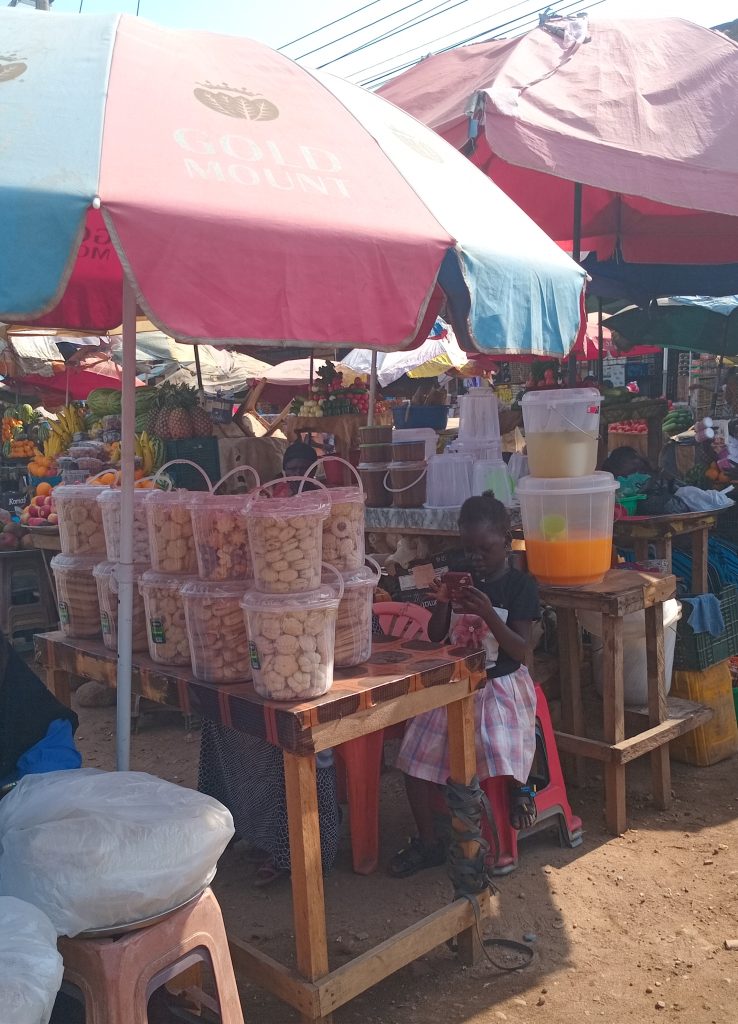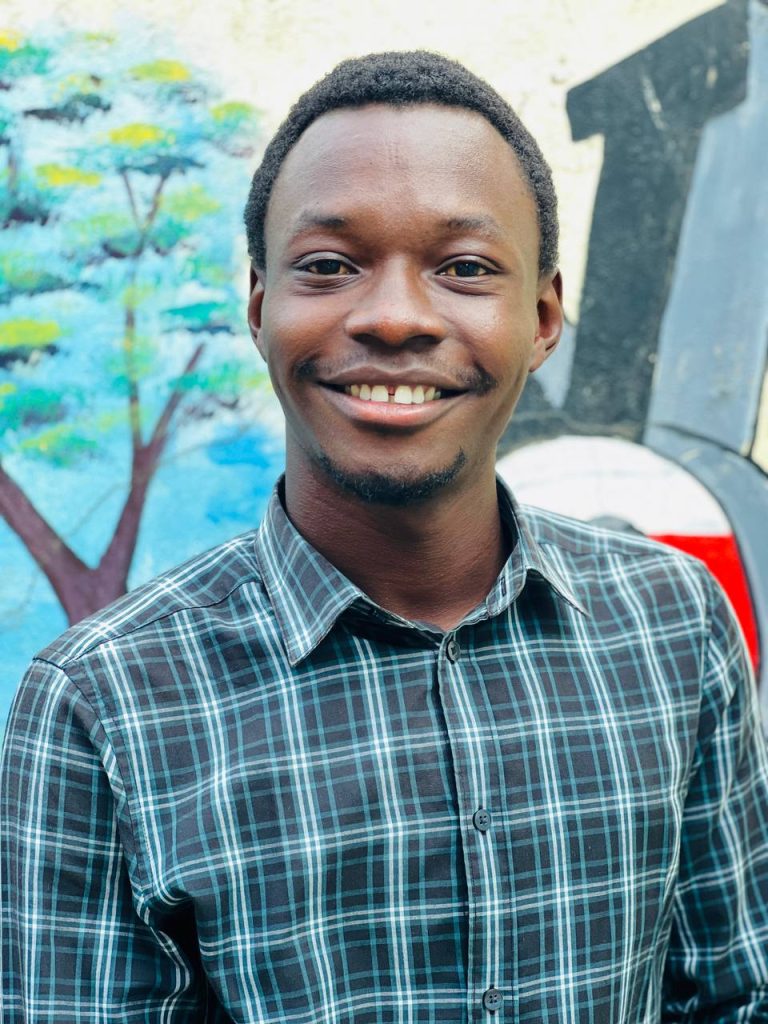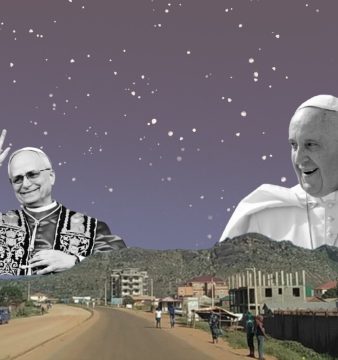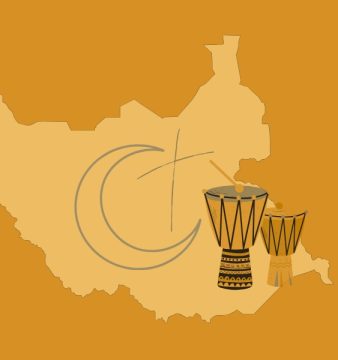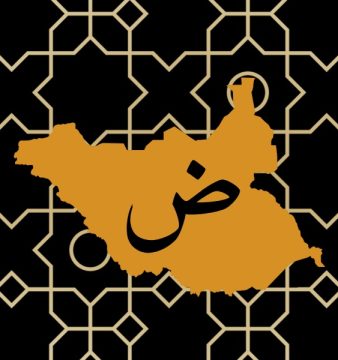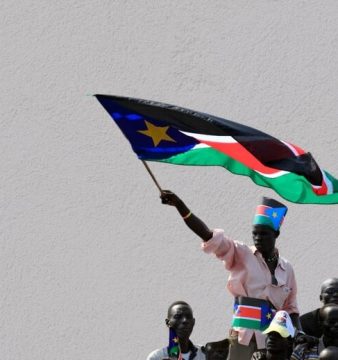A South Sudanese Christmas: A Unique Cultural Perspective
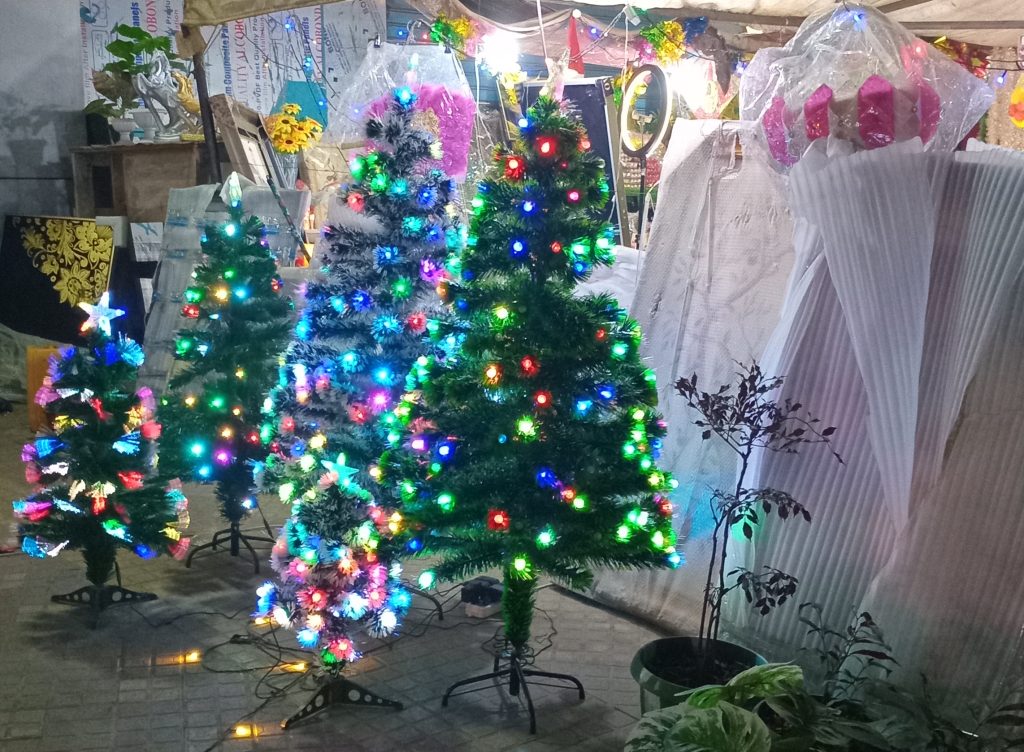
The festive spirit of Christmas, with its familiar carols and twinkling lights, often feels like a globally uniform tradition. While the core essence of celebrating the birth of Jesus Christ unites Christians worldwide, the specific expressions of this joy are as diverse as the cultures that embrace it. This truth struck me profoundly during the Christmas season in Wau, South Sudan in 2020. I remember hearing a lively song on the radio with a chorus that says, ‘Give me an African Christmas’. It prompted a question in my mind, ‘what does a South Sudanese Christmas truly look like?’
It became a personal mission to discover the unique ways my community celebrated this significant Christian holiday. Beyond the familiar carols and narratives of the nativity, I sought to understand the fusion of a global religious event with the deeply rooted traditions of South Sudan. It is more than simply placing a local spin on a Western tradition. It is about welcoming the newborn Christ within a culturally African society. While we are accustomed to hearing European Christmas carols on television, in South Sudan and other African nations, there is a movement to reclaim and redefine Christmas, much like the festive song, ‘Give me an African Christmas’ by Ed Jordan (Edward Paul Jordan), a South African musician, composer, singer-songwriter, actor, TV and radio presenter. It is a conscious effort to understand and represent how the birth of Jesus is received and celebrated within an African context.
In a predominantly Christian country like South Sudan, the streets and shops are decorated with Christmas lights from mid-December. We live in a tropical region where it does not snow, so it is not a white Christmas as with most African and Asian countries, but it is a cold-ish winter. As for Christmas biscuits, we are not fans of gingerbread, at least most of us, but we share the culture of our Sudanese brothers in making homemade biscuits to serve to our guests during the Christmas holiday. The smell of these homemade biscuits surround neighbourhoods as they are baked. They can also be found in street stands, sold on the main streets as a sign that Christmas is coming soon.
Christmas in South Sudan is not a one-day celebration, but a set of celebrations that includes saints’ memorials, and the solemnity of the Holy Family (Virgin Mary, St Joseph and Baby Jesus), also known as the Escape to Egypt Solemnity that is celebrated annually on the first Sunday of Christmas. In total, it is approximately 16 days (the first seven of which are known as the Octave of Christmas), according to the adopted Catholic liturgical calendar of the year.
In Wau, the celebration of Christmas takes on a vibrant, rhythmic tone. Instead of the familiar sounds of European instruments, the beat of drums is central to Christmas festivities, particularly on Christmas Vigil before the first day of Christmas. The drums are not just background music; they are the driving force of the celebration, their rhythmic pulse echoing the joy and anticipation of the holiday. Accompanying the vibrant music is traditional South Sudanese food. Among these is Ya Ndeca Daco, a hearty dish often made with gazelle or even monkey meat, reflecting the region’s culinary scene and adding another layer of cultural significance to the Christmas meal. In addition, usually traditional drinks such as Bangara, which is a traditional drink made of buckwheat flour, are present at the Christmas table. It is a feast, not just for the stomach, but for the senses, a combination of taste, sound and communal experience that shapes a unique South Sudanese Christmas.
The Shilluk, the third largest ethnic group in South Sudan, on the other hand, showcase another distinct facet of South Sudanese Christmas tradition. Their celebration, called Mer, which translates to ‘Grace of God’, takes place on the second day of Christmas. Mer is a celebration of thanksgiving and joy in welcoming the birth of Jesus. They gathered to celebrate the birth of Christ the grace of God according to their Christian beliefs, but in a more traditional touch while dancing on the rhythms of drums and sharing food, drinks, and rejoicing. However, it is the practice of Mug that truly embodies the spirit of Christmas within the Shilluk culture. Mug is the practice where people come together, pooling resources and goods, symbolising the gifts of the Magi – three wise men from the East who visited Jesus after his birth, bringing gifts of gold, frankincense, and myrrh in homage to him. They are mentioned in the Gospel of Matthew (2:1-12) and the spirit of generosity. These gathered items, whether food, clothing, or other necessities, are then distributed to those in need within the community. Mug is not just about giving; it is a powerful expression of communal solidarity and an embodiment of the Christmas message of love, compassion, sharing and giving. It is a tangible manifestation of the Christian ethos of caring for the less fortunate, woven into the fabric of South Sudanese cultural expression.
In essence, a South Sudanese Christmas is a beautiful tapestry woven with threads of the global Christian faith and local cultural traditions. It is a powerful reminder that while the message of Christmas is universal, the way it is celebrated can be a unique and personal expression of community values and cultural identity. It is more than just carols and gifts, it is a celebration of family, community and a deep-seated connection to both faith and heritage. It is a Christmas that resonates with the vibrant energy and heartfelt generosity of South Sudan, proving that Christmas is not just a global event, but a deeply personal and cultural experience for everyone.
500WM Columnist Butros Nicola Bazia, born in Khartoum, Sudan in 2001, is a South Sudanese independent writer and storyteller currently based in Juba, South Sudan. He began his content creation journey with Young Black Voice Podcast in 2022 and transitioned to creative writing in 2023, driven by a deep interest in arts, culture, and society. His work reflects resilience and creativity, even amidst the challenges posed by ongoing conflict in the region. Nicola now runs his own blog, Autide Me, and has published works in Sudans Post and 500 Words Magazine, where he currently serves as a columnist.

